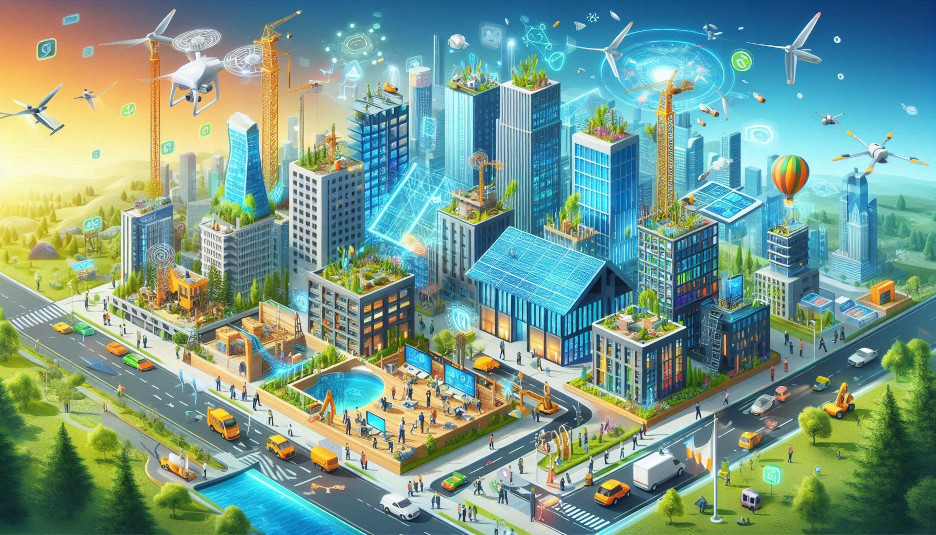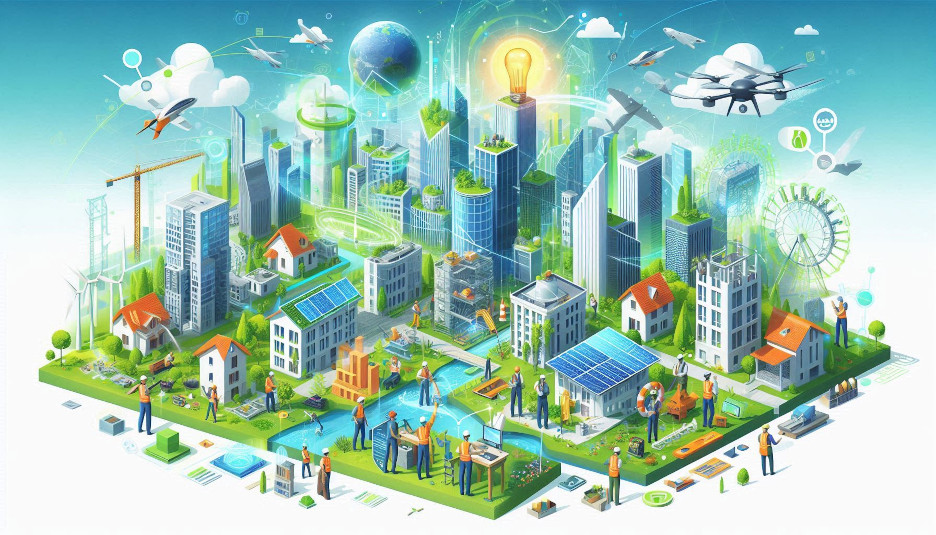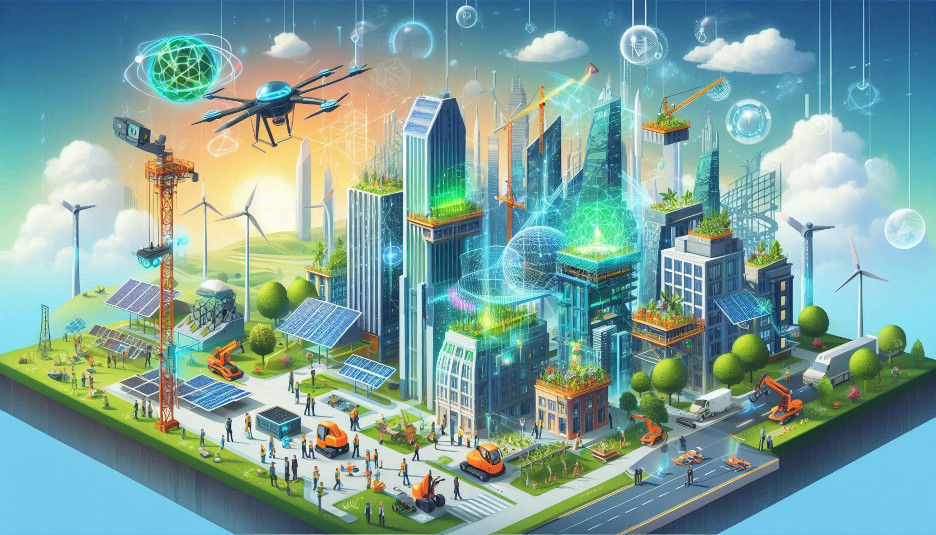The Future of Construction: Technology, Innovation, and Job Opportunities
-
 John Fry
John Fry - 29 Jul, 2024

The Future of Construction: Technology, Innovation, and Job Opportunities
The construction industry is undergoing a digital transformation, driven by technological advancements that are revolutionizing the way projects are planned, designed, and executed. From Building Information Modeling (BIM) to artificial intelligence, these technologies are improving efficiency, reducing costs, and enhancing project quality.
The Impact of Technology
Building Information Modeling (BIM): BIM is a digital representation of a physical and functional characteristics of a place. It provides a comprehensive digital model of a building or infrastructure project, including architectural, structural, and engineering information. BIM enables:
- Improved Collaboration: Seamless collaboration between different project stakeholders.
- Enhanced Visualization: Realistic visualizations of the project.
- Reduced Construction Costs and Waste: Optimized design and construction processes.
Internet of Things (IoT): IoT devices can monitor equipment health, track material usage, and optimize workflows. This enables:
- Real-time Monitoring: Real-time tracking of construction progress and equipment performance.
- Predictive Maintenance: Identifying potential equipment failures before they occur.
- Smart Construction Sites: Optimizing resource allocation and improving safety.
Artificial Intelligence and Machine Learning: AI and machine learning are transforming construction by:
- Automating Design and Planning: AI-powered tools can generate design options and optimize project schedules.
- Predictive Analytics: Analyzing data to forecast potential risks and delays.
- Robotics and Automation: Automating repetitive tasks, such as bricklaying and painting.
Emerging Job Roles in Construction
The construction industry is evolving, creating new and exciting job roles:
- Digital Construction Specialist: Experts in BIM, IoT, and other digital technologies.
- Robotics Engineer: Designing, programming, and maintaining construction robots.
- Data Analyst: Analyzing construction data to improve efficiency and productivity.
- Sustainability Consultant: Promoting sustainable building practices and certifications.
The Skills of the Future Construction Worker
To thrive in the future of construction, workers will need to develop a combination of technical and soft skills:
- Technical Skills: Proficiency in construction technology, data analysis, and problem-solving.
- Soft Skills: Strong communication, teamwork, and leadership skills.
- Adaptability and Lifelong Learning: The ability to adapt to new technologies and industry trends.
The Future of the Construction Workforce
The construction industry is facing a skills gap, and attracting and retaining talent is a major challenge. To address this, the industry must:
- Invest in Training and Development: Provide opportunities for workers to upskill and reskill.
- Promote STEM Education: Encourage young people to pursue careers in STEM fields, particularly engineering and construction.
- Foster a Positive Workplace Culture: Create a safe, inclusive, and rewarding work environment.
The future of construction is bright, with technology driving innovation and transforming the industry.
By embracing these trends and investing in the workforce, the construction industry can continue to deliver high-quality, sustainable, and efficient projects.


